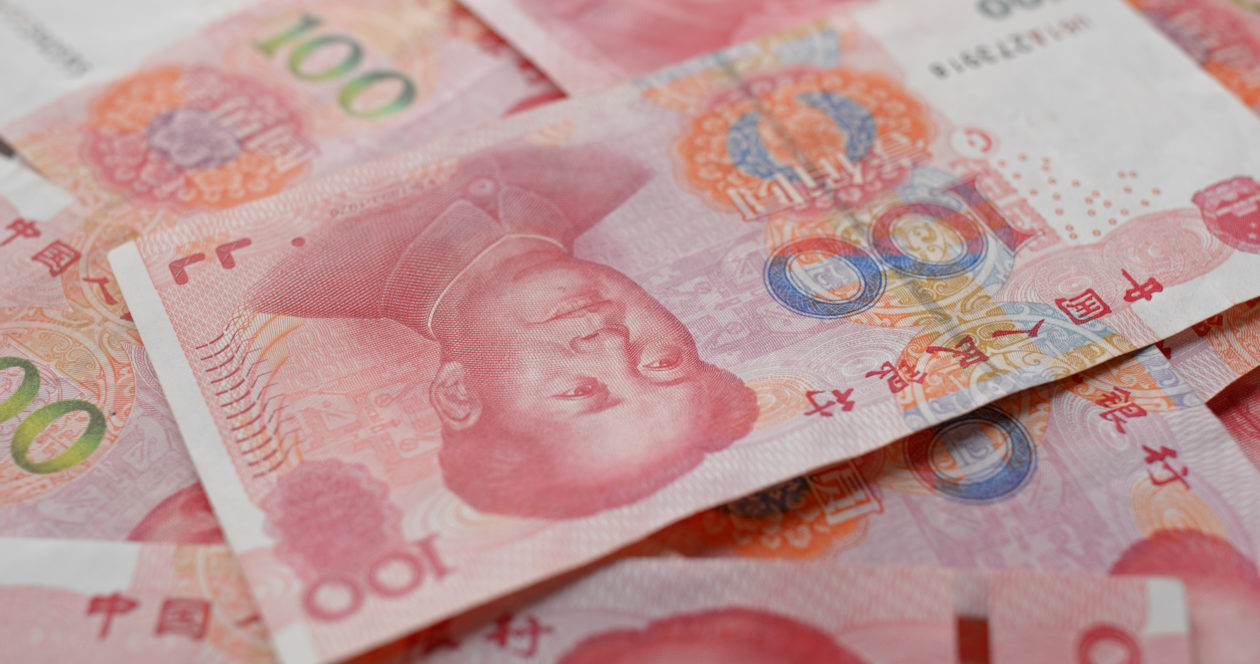With many expecting China’s e-CNY to be fully rolled out in time for the Beijing Winter Olympics in February, the country’s central bank says the digital currency’s pilot program for the upcoming games is approaching the finish line.
Fan Yifei, a deputy governor of the People’s Bank of China (PBOC), the central bank, said the infrastructure construction for e-CNY use during the Winter Olympics has entered a “sprint stage,” according to a PBOC statement released on Thursday.
The PBOC official made the comments during his visit to Olympic venues in Beijing and Zhangjiakou, a city in North China’s Hebei province, to review the progress of e-CNY payment tests.
Fan also said e-CNY preparation teams at the Olympic venues “should heighten their sense of mission and urgency, and push ahead with the pilot work in a solid and orderly manner with a strict and meticulous attitude.”
The Winter Olympics is set to commence on Feb. 4, 2022, with tens of thousands of participants from various countries. The digital yuan, as such, is expected to undergo its first crucial international test.
The PBOC pointed out in its e-CNY white paper released in July that non-Chinese travelers could use the digital currency in small amounts while remaining anonymous.
However, not all countries are buying it. In July, three U.S. senators wrote to the U.S. Olympic & Paralympic Committee to urge it to boycott e-CNY and “forbid American athletes from receiving or using digital yuan during the Beijing Olympics,” due to privacy concerns.
The senators warned the digital yuan would be used as a tool to surveil Chinese citizens and also visitors to China. Citing the example of WeChat, China’s most popular instant messaging app, they said their concerns were not hypothetical, as WeChat was “already being used to surveil, threaten, and arrest Chinese citizens.”
Nonetheless, Chinese authorities seem determined to make the upcoming sport events as technology savvy as possible. The PBOC said in the white paper that unmanned vending carts, automatic vending machines and unattended supermarkets will be present in the Olympic park.
China is also gaining pace in scaling up its e-CNY trials. The country has given away at least 18 batches of e-CNY red envelopes with a total value of over US$43 million in nine cities to promote the adoption of the digital yuan, according to data compiled by Forkast.News based on publicly available information.
Most recently, four cities — Guangzhou, Tianjin, Yiwu, and Fuzhou — have announced they are applying to be included in the next batch of cities for digital yuan pilot programs.
Notably, Guangzhou, the capital city of South China’s Guangdong province, ranks fourth in GDP among all Chinese cities, while Shenzhen, another first-tier city in Guangdong, was among the first to start testing the digital RMB. Tianjin, a metropolis in North China and one of China’s four municipalities, is often considered a sister city of Beijing, being only 120 kilometers away from China’s capital.
Another major sporting event in China has also seen e-CNY trials at its venues. The 14th Chinese National Games, one of the country’s major domestic sporting events, started on Sept. 15 in Xi’an, the capital city of the northwestern province of Shaanxi. Many offline vendors at the venues are accepting e-CNY for payment, according to local media.
Banks are also beefing up their supports for the digital currency. China Telecom and Bank of China have jointly developed an e-CNY digital wallet built in a mobile app, and users can make payment offline with its feature powered by near-field communication technology, state media the People’s Daily reported on Thursday.

